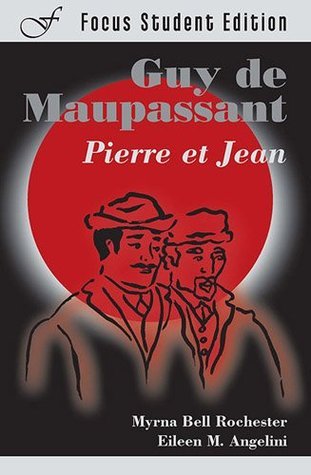What do you think?
Rate this book


256 pages, Paperback
First published January 1, 1888
Une heure plus tard il était étendu dans son petit lit marin, étroit et long comme un cercueil. Il y resta longtemps, les yeux ouverts, songeant à tout ce qui s'était passé depuis deux mois dans sa vie, et surtout dans son âme. À force d'avoir souffert et fait souffrir les autres, sa douleur agressive et vengeresse s'était fatiguée, comme une lame émoussée. Il n'avait presque plus le courage d'en vouloir à quelqu'un et de quoi que ce fût, et il laissait aller sa révolte à vau-l'eau à la façon de son existence. Il se sentait tellement las de lutter, las de frapper, las de détester, las de tout, qu'il n'en pouvait plus et tâchait d'engourdir son coeur dans l'oubli, comme on tombe dans le sommeil. Il entendait vaguement autour de lui les bruits nouveaux du navire, bruits légers, à peine perceptibles en cette nuit calme du port; et de sa blessure jusque-là si cruelle il ne sentait plus aussi que les tiraillements douloureux des plaies qui se cicatrisent.INTERPRETER: You're lying down. You don't feel too good about what's happened. You're really tired.